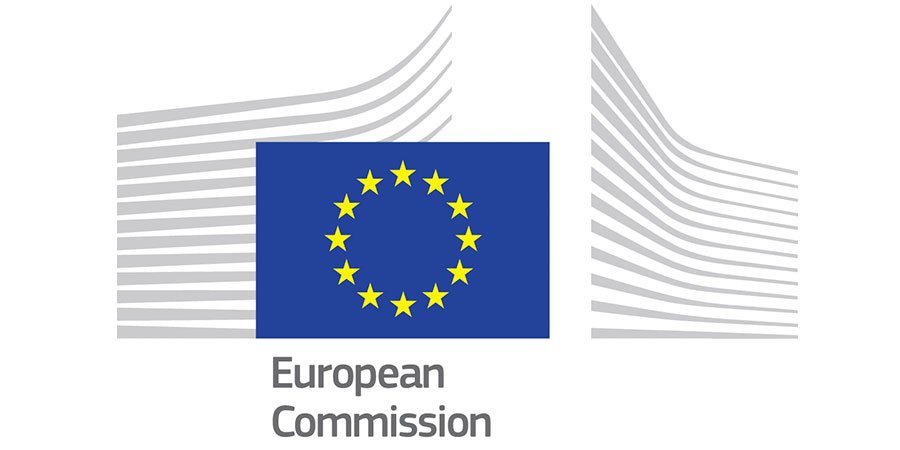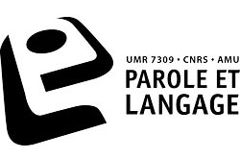Le projet "Professionnalisation des Enseignants utilisant le Numérique pour un Soutien à l’Autonomie et à la citoyenneté" est porté par Marco Cappellini...


A lire aussi
C’est le Souk à Aix-en-Provence !
25 June 2025
par Claudia Pichon-Starke
Offre d'emploi au LPL : Ingénieur.e statisticien.ne
16 June 2025
par Claudia Pichon-Starke
Quand la Maison des Maternelles va à la rencontre du Labo des Minots
12 June 2025
par Claudia Pichon-Starke
Offre de post-doctorat dans le cadre du projet de recherche VIZLECTOR
28 May 2025
par Claudia Pichon-Starke
Apprentissage de la lecture : des inégalités marquées en Outre-Mer
22 May 2025
par Claudia Pichon-Starke
C’est le Souk à Aix-en-Provence !
25 June 2025
par Claudia Pichon-Starke
Offre d'emploi au LPL : Ingénieur.e statisticien.ne
16 June 2025
par Claudia Pichon-Starke
Quand la Maison des Maternelles va à la rencontre du Labo des Minots
12 June 2025
par Claudia Pichon-Starke
Offre de post-doctorat dans le cadre du projet de recherche VIZLECTOR
28 May 2025
par Claudia Pichon-Starke
Apprentissage de la lecture : des inégalités marquées en Outre-Mer
22 May 2025
par Claudia Pichon-Starke







